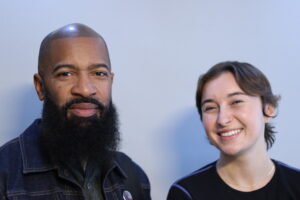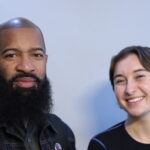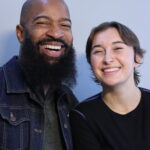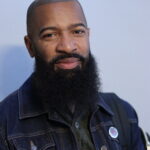Description
Manuela Velasquez (24) interviews Robert Nelson (57) about his love of jazz and his career as a musician in St. Louis.Subject Log / Time Code
Manuela Velasquez (M) asks Robert Nelson (R) about his relationship with music.
M asks R what it means to be a "successful musician."
R remembers falling in love with Harry Connick Jr.'s soundtrack for When Harry Met Sally.
M asks R about his journey as a musician.
M asks about R's feelings on making public music.
R thinks about the consequences of musical genres.
M asks R what it's like to wear so many different hats.
M asks R what it's like to be a musician in St. Louis.
M asks how R would like to contribute to the future of music, specifically in St. Louis.
Participants
- Robert Nelson
- Manuela Velasquez



